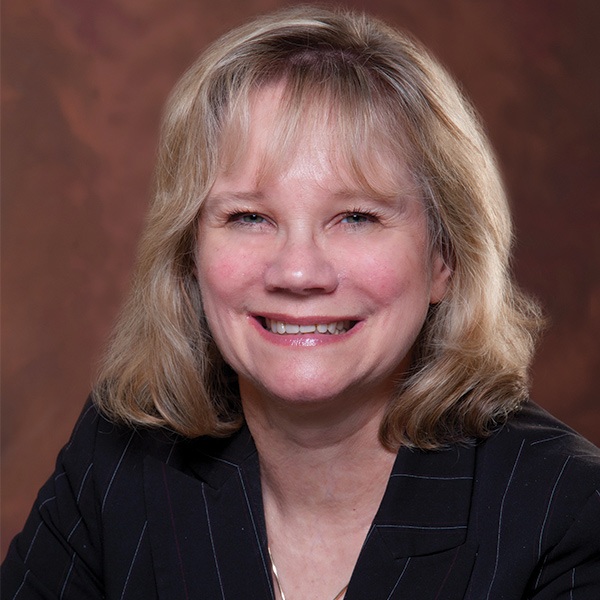Intensive Sessions Focus on the New Science of Lifestyle Medicine

Data from emerging science prove the value of improved nutrition, exercise and mindfulness in preventing and treating cardiovascular disease. ACC.22's Intensive sessions look at the burgeoning arena of lifestyle medicine, exploring the science and providing practical guidance and tools for putting it all into practice.
"The goals are to discuss healthy lifestyle behaviors and the benefits of clinicians helping patients incorporate them into their daily lives," says Lynne T. Braun, PhD, CNP, co-chair of the Intensive. "We know healthy lifestyle practices are like medicine and can be better than medicine because they help prevent and treat all of the cardiovascular disease risk factors."
The first session will focus on diet and nutrition and will be kicked off by Dariush Mozaffarian, MD, MPH, FACC, with the Louis F. Bishop Keynote on the most effective common approaches of healthy diets. These approaches consider the effect of bioactive nutrients in foods, the role of minimally processed fiber-rich foods that feed the microbiome and the need to reduce the intake of acellular carbohydrates, such as starches, sugar and salt, without cellular structures.
The Lifestyle Medicine Intensive Session I will take place today from noon – 1:15 p.m. ET, and Session II will take place from 1:45 – 3 p.m. ET in room 146C.
"There has been a convergence of interesting new science about what we need to have a healthy heart and a healthy metabolism. I'll address three main points that highlight new directions in the science, more towards the cutting-edge science, and away from some of the conventional thinking on how foods affect the heart, obesity and diabetes," he says.
Is it possible to include meat, in moderation, in a heart healthy diet? What is the science showing the benefits of a plant-based diet? This will be the focus of a debate between registered dietitian Carol Kirkpatrick, PhD, and Kim Allan Williams Sr., MD, MACC.

Lynne T. Braun, PhD, CNP
The session will be rounded out with a lecture by Karen E. Aspry, MD, MS, FACC, on how to bring nutrition into the conversation and a lecture by Robert J. Ostfeld, MD, MSc, FACC, on his work for healthier food for patients and staff at his institution.
The impact of exercise, mindfulness and stress on cardiovascular health is the focus of five presentations and a panel discussion in the second session of the Intensive. "This is the next frontier," says Amit Khera, MD, MSc, FACC, co-chair of the Intensive. "We are excited to have this component to help us understand the science of stress. There is interesting literature about the biology of this brain-body access. A lot of this has been theoretical, and with this session we're looking to make it actionable."
The use of technology to monitor and facilitate exercise will be examined by Aaron L. Baggish, MD, FACC, and Melissa J. Tracy, MD, FACC, will discuss the benefits of developing a team approach and effective strategies to deliver a practical exercise regimen to patients in a clinical setting.
Psychological threats to cardiovascular health and the science of stress will be explored by Amit J. Shah, MD, and how to talk about psychological health with patients will be discussed by Erica Sarah Spatz, MD, FACC. The impact of social determinants of health on cardiovascular health in diverse populations will be the focus of a presentation by Yvonne Commodore-Mensah, PhD, a cardiovascular nurse epidemiologist.
Keywords: ACC22, ACC Annual Scientific Session, Newspaper Article, ACC Scientific Session Newspaper
< Back to Listings
